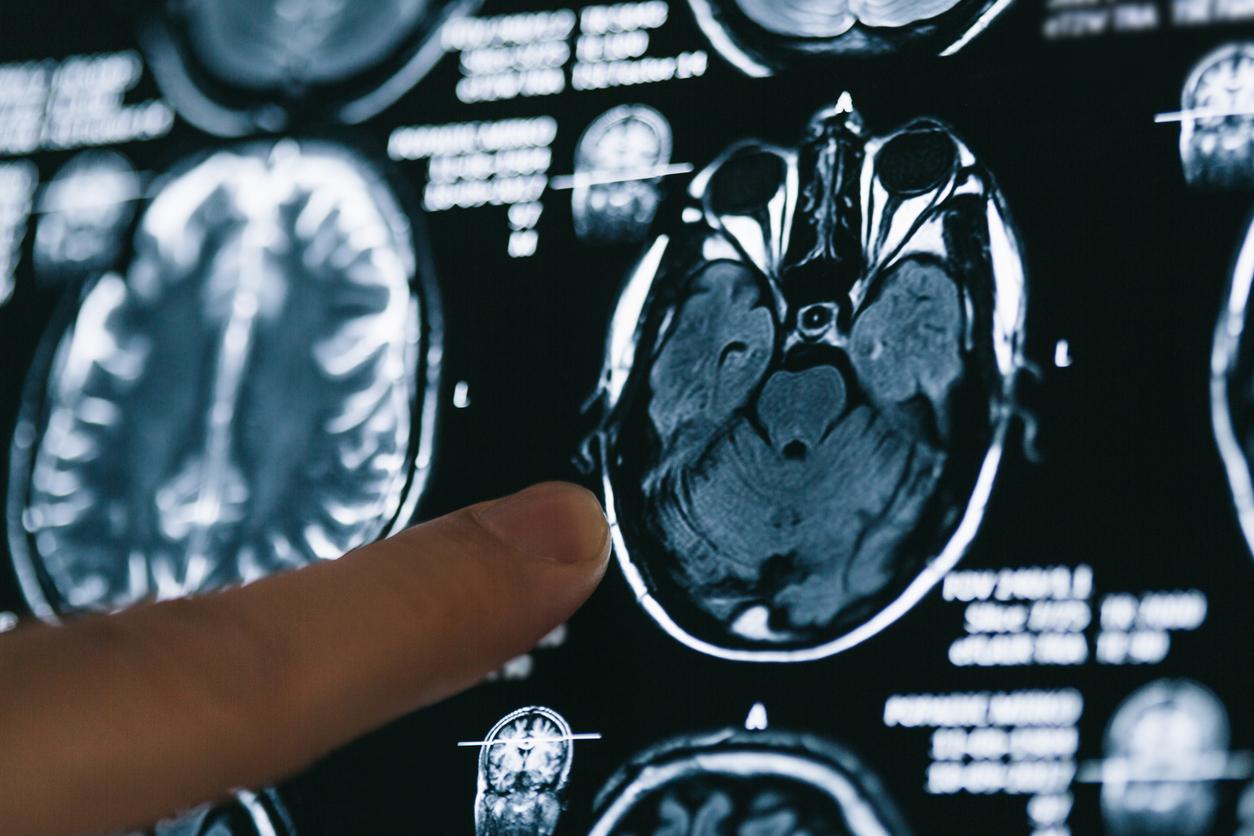
Professor of neuropsychology Erik Scherder launched a new website for brain research at the 50PlusBeurs. People can register here as test subjects and thus help accelerate research into dementia.
‘Who’s slowing down here? Who can think less quickly than before? Raise your hands please!’ These are confronting questions at the 50PlusBeurs. The well-known professor Erik Scherder fires them at the watching audience.
But they are also important questions. Because the white matter in the brain is vulnerable to aging, Scherder explains. The connections in that white matter decrease with age, and as a result you walk slower and think more slowly. Scherder is committed to doing everything he can to get and keep people moving, in the hope that the function of the white matter is preserved.
Dementia
He doesn’t know exactly what’s going on yet. Science is still busy figuring out the link between movement and brain function in the aging brain. Scherder needs many test subjects for that research, not only people with brain diseases such as dementia, but also people who do not have the diagnosis. Like Scherder, researchers spend a lot of time finding subjects for brain research. For example, months or even years are lost in research into dementia.
Questionnaires
Alzheimer Nederland, the Brain Foundation and the VUmc have now joined forces and opened a new website: www.hersenonderzoek.nl. People who want to contribute to brain research can register on this website. After entering your date of birth, zip code and some medical information, you are in the system. A brain researcher can then contact you for a specific study. That is certainly not always an incriminating examination with MRI. It may consist of a number of questionnaires.
Privacy
Few data are as sensitive as those about the functioning of our brain. What about privacy? All data will be treated confidentially, explains project leader Marissa Zwan. The data is encrypted and stored for at least fifteen years. Hersenonerzoek.nl works together with the University of San Francisco in the United States. In this partnership (encoded) data can be exchanged.
When you participate, the survey results will be stored separately from your personal data. Furthermore, no link is made with the citizen service number or the medical file. These privacy measures have been checked by the hospital’s medical ethics review committee and comply with the Personal Data Protection Act.
Bridgen
Unfortunately, you will not receive research results about your own brain if you participate. The scientists do, however, send tips that help to keep the brain healthy, based on the results achieved. Scherder shares the latest insights in this area: ‘Do things that take effort. Play bridge, chess or learn to play a new instrument. This gives a positive stimulus to your brain. But don’t forget to move, because those with a high walking speed keep their prefrontal cortex in a better condition.’

















